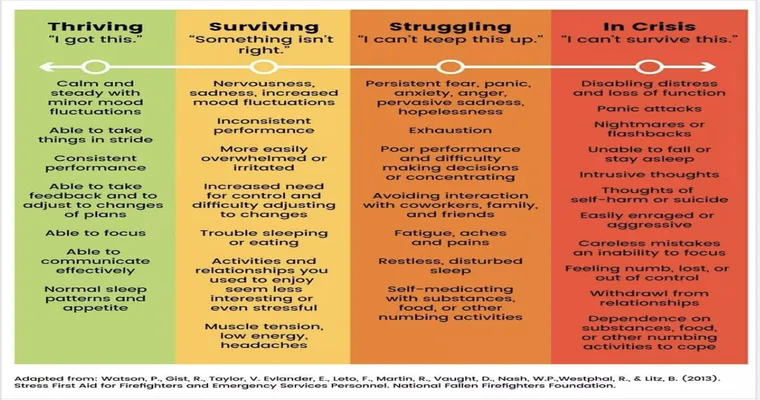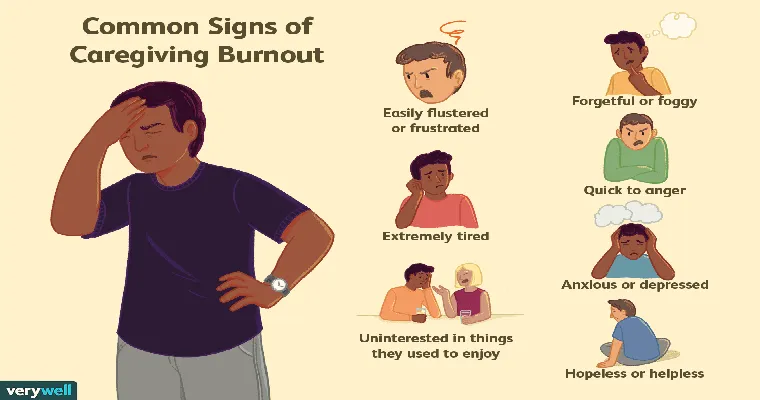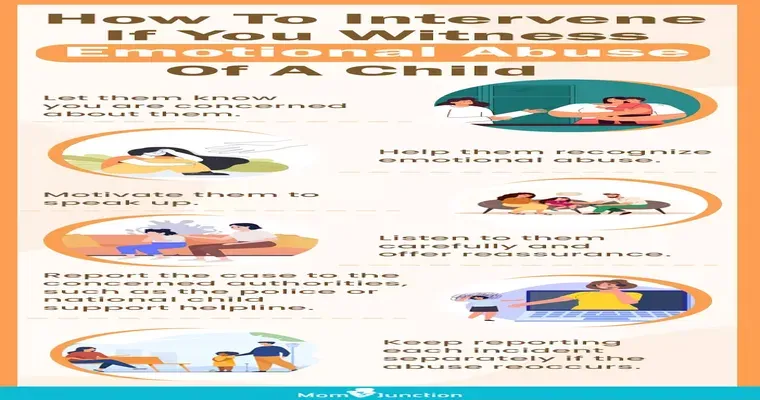Caregiving can be a rewarding but demanding role, often leading to "caregiver burnout" if not managed properly. As a caregiver, it is essential to recognize the "signs of burnout" early to ensure both your well-being and the quality of care you provide. Caregiver burnout can manifest in various ways, including emotional, physical, and mental exhaustion. In this article, we will explore the key signs that indicate you may be experiencing burnout and provide some strategies for coping.
One of the most common "symptoms of caregiver burnout" is emotional exhaustion. This may present as feelings of "overwhelm", sadness, or a sense of hopelessness. You may find yourself feeling detached from the person you are caring for or losing interest in activities you once enjoyed. It is crucial to pay attention to these emotional changes, as they can significantly impact your ability to provide care.
Physical signs are also prevalent in those experiencing caregiver burnout. You might notice persistent fatigue, sleep disturbances, or headaches. Many caregivers neglect their own health while focusing on their loved ones, leading to a decline in physical condition. Remember, taking care of your own health is vital to being an effective caregiver.
Another indicator of "caregiver burnout" is an increase in irritability or frustration. You may find yourself becoming easily annoyed or feeling angry about situations that previously didn’t bother you. This change in temperament can strain your relationships, both with the person you care for and with other family members.
Additionally, you may experience a "decline in cognitive function", such as difficulty concentrating or making decisions. When you are overwhelmed, it can be challenging to think clearly, which can affect your ability to provide the necessary care. If you find yourself forgetting appointments or medication schedules, it may be time to reassess your situation.
Social withdrawal is another sign of caregiver burnout. Caregivers may isolate themselves from friends and family, feeling that no one can understand their situation. This isolation can exacerbate feelings of loneliness and depression. Maintaining connections with supportive individuals is vital for emotional health, so it is essential to recognize when you need to reach out.
If you notice these signs in yourself, it is crucial to take action. Here are some strategies to help manage and prevent caregiver burnout:
1. "Set Boundaries": Establish limits on your caregiving responsibilities to ensure you have time for yourself.
2. "Seek Support": Join support groups or talk to friends and family about your feelings. Sharing your experiences can provide relief and insights.
3. "Practice Self-Care": Prioritize your own health by engaging in activities that promote relaxation and well-being, such as exercise, meditation, or hobbies.
4. "Take Breaks": Schedule regular time away from your caregiving duties to recharge. Respite care services can provide temporary relief.
5. "Professional Help": If feelings of burnout persist, consider speaking with a mental health professional who can offer guidance and strategies for coping.
Recognizing the "signs of caregiver burnout" is the first step toward addressing it. Caregiving is a significant responsibility, but it is essential to care for yourself to provide the best support for your loved one. By being aware of the symptoms and implementing strategies to manage stress, you can maintain your well-being and continue to be an effective caregiver. Remember, you are not alone, and seeking help is a sign of strength.





